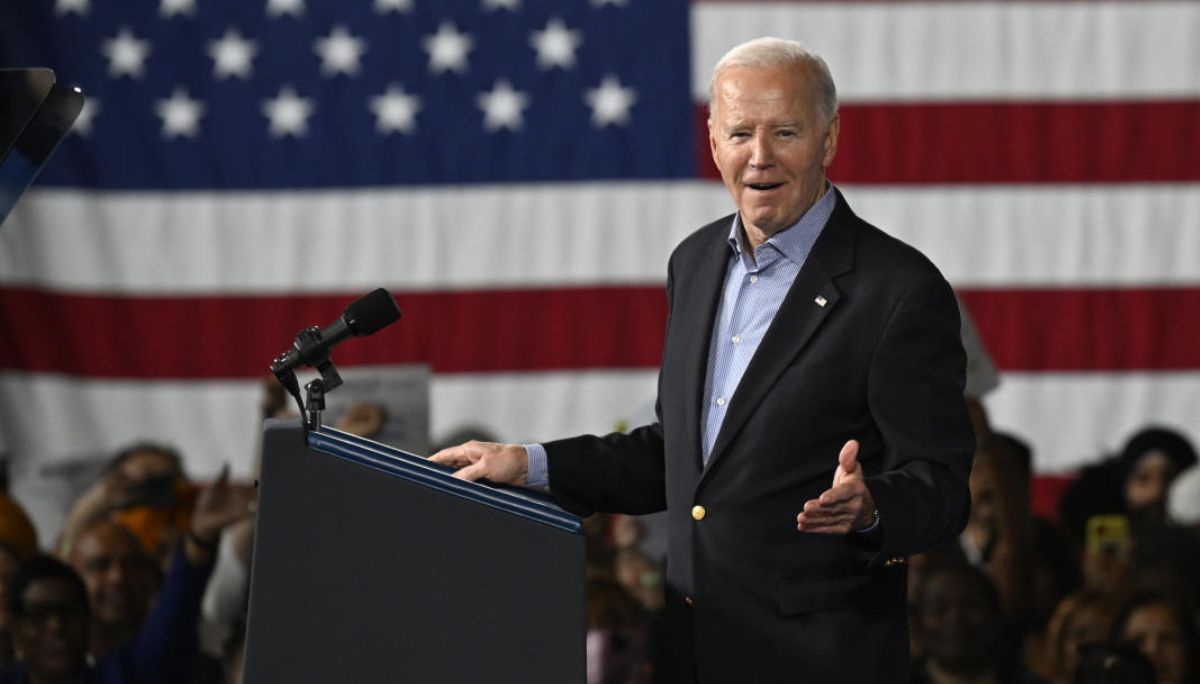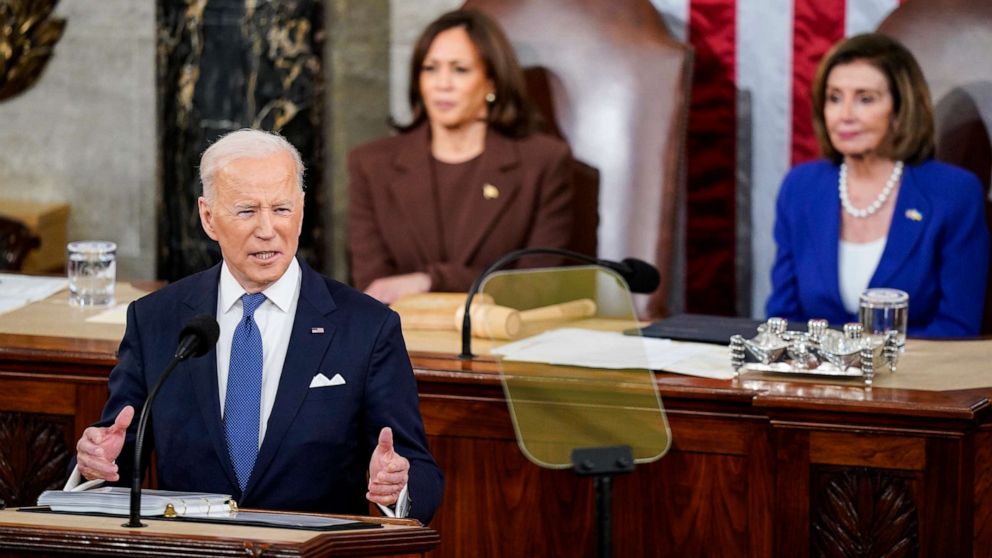Social Security Tax Hikes: Biden Urges Tax Increases to Strengthen Social Security Amid Trump’s Proposed Entitlement Cuts
In a bid to bolster Social Security, President Biden has proposed tax hikes, while former President Trump floats the idea of entitlement cuts. This article explores both approaches and their potential impact on the American public.

Table of Contents
As the debate over the future of Social Security intensifies, President Joe Biden and former President Donald Trump have once again found themselves on opposing sides of a crucial issue. While Biden is advocating for tax increases to bolster the program’s solvency, Trump’s camp has proposed entitlement cuts that have sparked widespread concern among retirees and those nearing retirement age.
The Battle Over Social Security’s Future
Social Security, one of the nation’s most enduring and vital social safety nets, is facing long-term funding challenges that have reignited discussions about its sustainability. As the Baby Boomer generation continues to retire in droves, the strain on the system’s resources has become a pressing concern for policymakers and the American public alike.
Biden’s Plan: Raising Taxes on the Wealthy
In a bold move to address this issue, President Biden has proposed increasing taxes on high-income earners, specifically those with annual incomes exceeding $400,000. By doing so, the administration aims to generate additional revenue that can be funneled directly into the Social Security trust fund, ensuring its long-term solvency and protecting the retirement benefits of millions of Americans.
Biden’s proposal resonates with his long-standing commitment to strengthening the social safety net and promoting economic fairness. By asking the wealthiest Americans to contribute more, the plan seeks to alleviate the burden on middle-class and low-income families, who rely heavily on Social Security as a critical source of income during their golden years.
Trump’s Controversial Proposal
On the other hand, former President Donald Trump’s camp has advocated for a more drastic approach: entitlement cuts. While specific details have yet to be released, the prospect of reducing Social Security benefits has sparked outrage among retirees and those approaching retirement age.
Critics argue that such cuts would disproportionately affect those who can least afford it, potentially plunging countless seniors into financial insecurity and undermining the very purpose of the program. Trump’s supporters, however, maintain that difficult choices must be made to address the system’s long-term fiscal challenges.
The Importance of Securing Retirement Benefits
The debate over Social Security’s future extends far beyond partisan politics; it touches the lives of millions of Americans who have spent decades contributing to the system with the expectation of a reliable source of income in their later years.
For many retirees, Social Security represents the cornerstone of their retirement planning, providing a crucial buffer against the rising costs of living and unpredictable financial circumstances. Ensuring the program’s sustainability is not just a matter of fiscal responsibility but also a moral obligation to protect the hard-earned retirement security of our nation’s seniors.
Frequently Asked Questions: Social Security Tax Hikes
Q: What is the current state of the Social Security trust fund?
A: According to the latest Social Security Trustees Report, the trust fund reserves are projected to be depleted by 2035, at which point ongoing tax revenues would be sufficient to cover only 80% of scheduled benefits.
Q: How does Biden’s plan propose to fund Social Security?
A: Biden’s plan calls for increasing the payroll tax rate on earnings above $400,000 per year, effectively asking the wealthiest Americans to contribute more to the system.
Q: What are the potential consequences of Trump’s proposed entitlement cuts?
A: Cuts to Social Security benefits could have a devastating impact on millions of retirees, potentially forcing them to make difficult choices between essential expenses like housing, healthcare, and food.
Q: How do other countries address the challenges of aging populations and retirement funding?
A: Many developed nations have implemented a combination of measures, including raising retirement ages, increasing payroll taxes, and encouraging private retirement savings plans, to ensure the sustainability of their public pension systems.
As the debate rages on, it is clear that securing the future of Social Security is not just a political issue but a matter of profound social and economic significance. Whether through tax increases or alternative measures, finding a sustainable solution that protects the retirement security of current and future generations must remain a top priority for policymakers and the American public alike.






